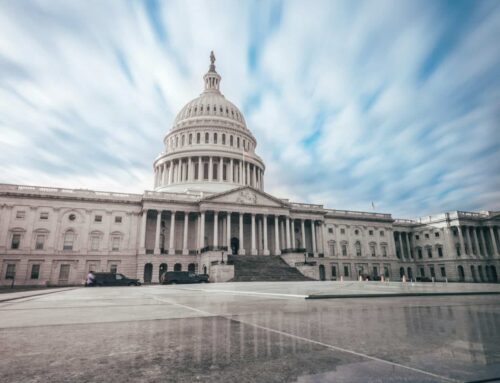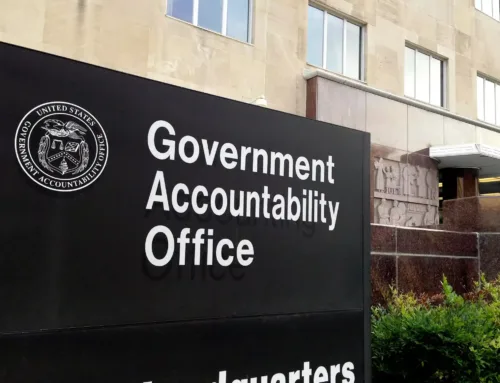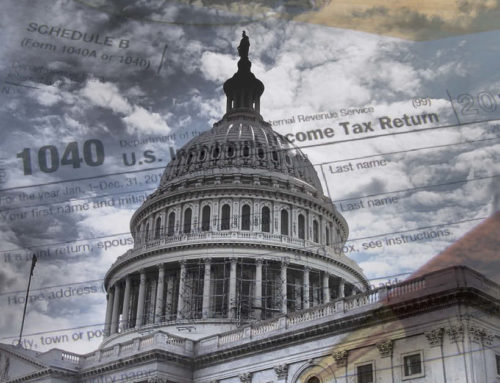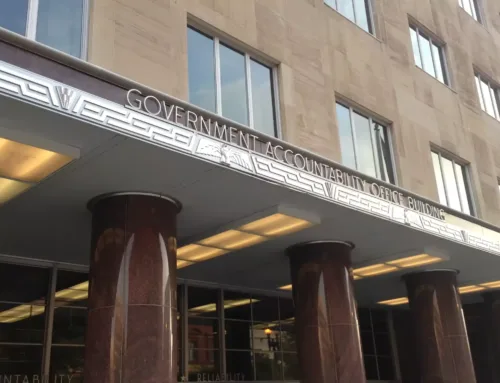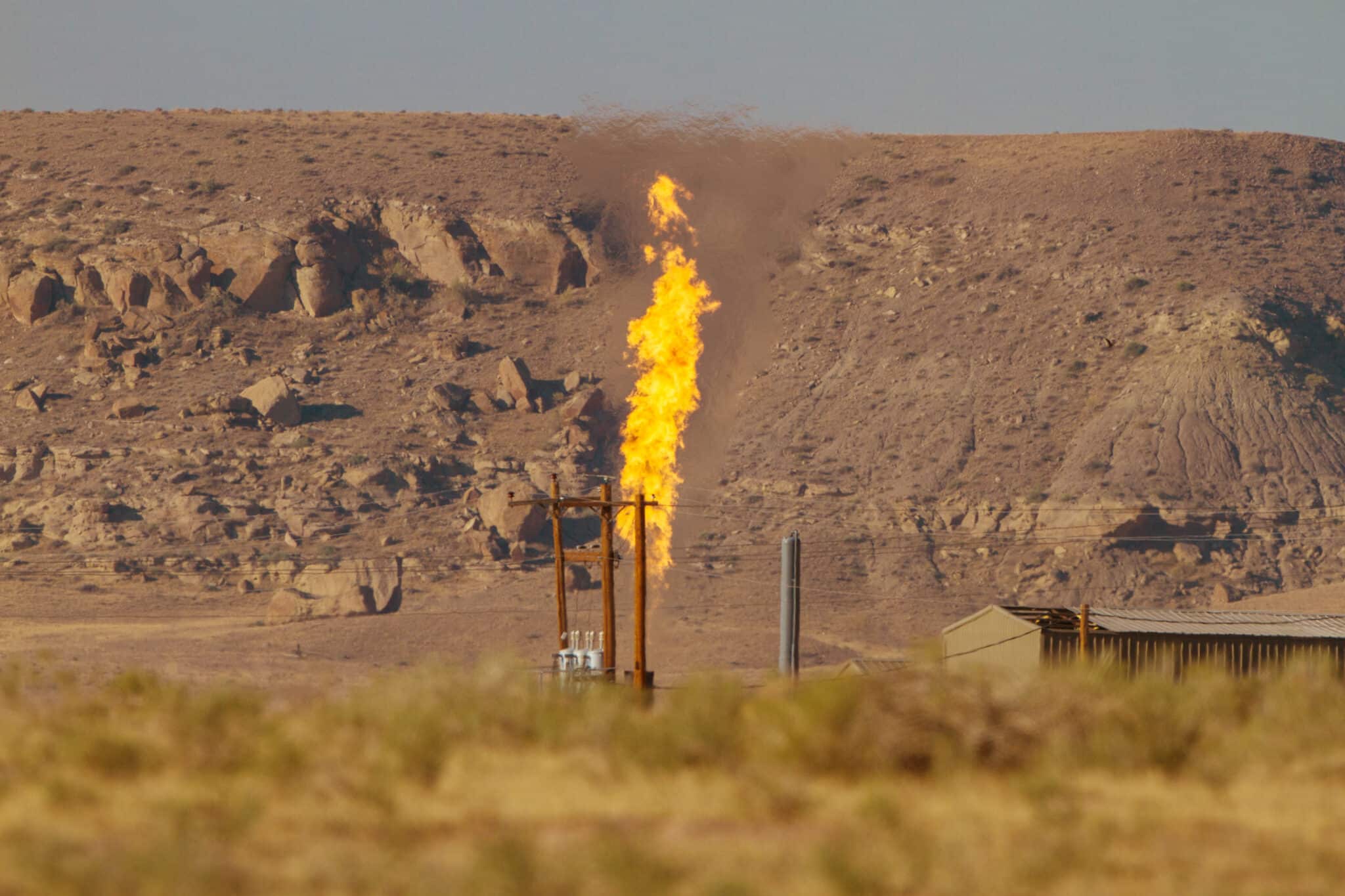Employees of the McLean County Museum of History are able to stay on the payroll for an additional eight weeks after the organization received federal dollars through the Paycheck Protection Program.
A federal database of financial totals shows the group’s loan totals $150,000 to $350,000. Greg Koos, interim executive director of the museum, said the funds helped prevent furloughs and layoffs.
“This was such a great financial Band-Aid, but I will say that I wonder about what it is going to look like 10 or 18 months out,” Koos said.
The museum is one 200,000 Illinois companies that received federal dollars through the loan program, part of $2.2 trillion virus relief package enacted in March to keep small businesses open and Americans employed during the COVID-19 pandemic.
PPP, launched April 3, offered loans up to $10 million to help small businesses maintain payroll, hire back employees and cover rent and other overhead as the nation faced mass layoffs and spiking unemployment. The loan will be forgiven if 60% is used on payroll over the course of 24 weeks. As of June 30, 4.9 million PPP loans worth $521.5 billion had been approved nationwide, including 202,000 worth $22.5 billion in Illinois.
Last week, the Small Business Administration revealed the thousands of businesses that tapped into funding, and the program quickly came under fire for giving loans to wealthy recipients, including law firms, entertainment companies and an apparel firm linked to Kanye West.
The data shows the vast majority of the businesses taking part borrowed less than $150,000. The database does not make public the names of those businesses.
It does identify groups in the larger loan categories, listing the ranges of borrowing, but not the exact amount. In that category, more than 250 Bloomington-Normal firms were approved, the database shows.
For a program meant to help small businesses preserve jobs amid government-mandated shutdowns and the general economic upheaval caused by COVID-19, those zeroes can look alarming. In many cases they are also wrong — raising questions about the reliability of the data showing how billions in taxpayer dollars are being used.
Four Bloomington firms received between $5 million and $10 million: Biaggi’s Ristorante Italiano, engineering firm Farnsworth Group, transportation company NuWay Logistics Inc., and Stark Excavating. Four Bloomington-Normal businesses — Corn Belt Energy, Gailey Eye Clinic, LTD, Wm. Masters Inc. and Wilber & Associates — received between $2 million and $5 million.
Among many others were Beer Nuts, Midwest Food Bank and Central Catholic High School ($350,000-$1 million each) and Coffee Hound, YMCA McLean County and Epiphany Grade School ($150,000-$350,000).
Other businesses to receive loans include dentist offices, senior care facilities, contractors, restaurants and several business that were unable to operate or faced limited business due to the coronavirus pandemic.
A total of 1,987 others with Bloomington-Normal addresses — listed only as sole proprietors, independent contractors, corporations and nonprofit organizations — got under $150,000.
Nationwide, borrowers reported that PPP loans supported 51.1 million jobs, or as much as 84% of all small business employees before the pandemic, the SBA and Treasury said.
However, more than 550,000 recipients, including more than 9,500 in Illinois, were listed in the official government data as having retained zero jobs. Nearly 50,000 of those recipients nationally, and nearly 1,000 in Illinois, received loans of more than $150,000.
The data gaps concern government accountability groups. Taxpayers need to feel confident their money is being used as intended, said Steve Ellis, president of Taxpayers for Common Sense, a national budget watchdog based in Washington, D.C.
“It’s really important for government, particularly when they’re handing out cash, to make sure we get all the information, particularly on the front end because that’s when people will be most forthcoming rather than relying on getting it on the back end,” Ellis said.
Employers that availed themselves of the program should also be forthcoming about why they need the money and how they plan to use it, said Ellis, whose own organization received $175,000 in PPP loans to retain nine jobs.
“If a company truly is not retaining any employees, the question is why did you get the loan and when will you pay it back,” he said. “And it has to be asked of the banks, Why did you approve these loans if it didn’t say how many jobs would be retained?”
Proposals have emerged in Congress to re-purpose any leftover PPP funding and provide more targeted aid for small businesses that have been hammered by the pandemic or left out of the program. Those proposals are expected to be part of negotiations for a new relief package later this month.
Treasury Secretary Steven Mnuchin last week said the Trump administration would support another round of tax rebate checks and help for businesses as part of the next coronavirus aid package.
Mnuchin said any extension of the Paycheck Protection Program must be “much more targeted” than the current program.
Koos said the loan earlier this year helped fill some gaps and that he’s grateful for continued financial support from regular donors, philanthropists and over 700 McLean County households. The donations, which make up about 70% of the museum budget, and the PPP loan were essential especially during a time when the museum can’t collect admission fees.
The facility, which closed in March, is still not accepting visitors as a measure to prevent the potential spread of the coronavirus. Museums last month were allowed to reopen with 25% capacity and other limitations under Gov. J.B. Pritzker’s Restore Illinois Plan, but several museum directors across the state are choosing to delay reopening.
Children who normally participate in the museum summer camp are doing so virtually this year given the circumstances. Koos said they each received a box with all of the necessary camp items and memorabilia they would get on the first day of camp.
He said the museum is fortunate to be able to continue these programs but is nervous about what the future holds for businesses statewide and nationwide.
“We are a long ways away from this being over,” Koos said.
The Chicago Tribune, CQ Roll Call and Bloomberg News contributed to this report.

